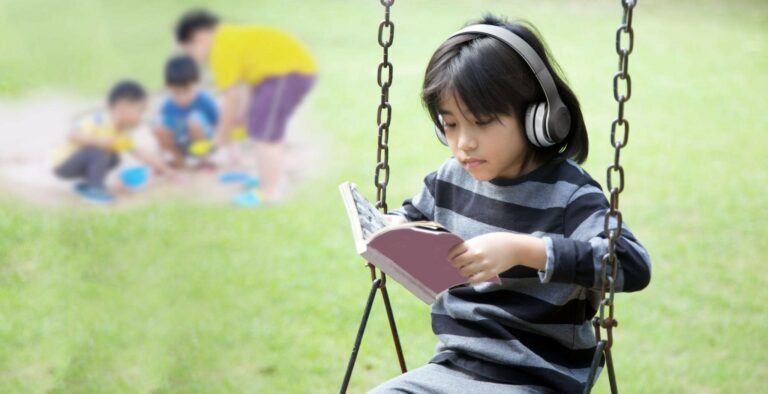
Written by: Psychotherapist Lee Wai-Tong, Unleashing Mind Professional Counseling Institute
According to the psychological type proposed by Swiss psychologist Carl Jung, each of us has a natural temperament that becomes a direction of growth in the process of growth. However, the different temperaments of parents and children may cause some misunderstandings and worries in the process of children’s growth
From talkative to silent,different behavior at home and at school
A mother brought her 5-year-old son, Chi, to my center after being introduced by a friend. During the initial conversation with the mother, she was quite talkative and would talk about Chi’s life while she was thinking. She mentioned that Chi was quiet in kindergarten and in the learning group, which was very different from his talkative nature at home. In addition, when Chi came home from school, his mother saw his tired face and did not say a word, so she went up to him to ask him about his schooling, but Chi did not want to talk much and read books or play with toys alone. The mother also tried to call to find out how Chi was doing in kindergarten, but the teacher reported that there was nothing different when Chi was in school, which made the mother worried whether he was unhappy in school, but she did not understand or dared not say anything.

I suggested to the mother to conduct a play consultation assessment for Chi, hoping to understand more about his personality characteristics. I invited him into the playroom and allowed him to lead the game in the playroom. During the process, he tended to observe first and asked me with his eyes if he could play with the toys. When I showed interest in his games, he would let me watch him play without saying a word, and sometimes he would smile at me. In this play consultation with Chi, we found that Chi’s temperament tends to be “introverted”, so the situation described by the mother is also the behavior of an “introverted” child
Different communication methods for “extroverted” and “introverted” children
I found that perhaps the mother’s temperament tends to be “extroverted” while Chi tends to be “introverted”, but because of the difference in temperament, the mother was worried about Chi. For example, an “extroverted” child can come home after a day of school and talk to his parents about the process of school and become lively again; on the other hand, an “introverted” child needs to calm down and integrate the day’s learning., and then talk to his parents about the process of school. After the mother understands the difference in temperament, she can teach her “introverted” child how to talk about his heart

After a week, I contacted the mother again and she realized that her son was an “introverted” child who behaved quite differently from herself, and I had taught her how to guide her child to talk about what was on his mind, so she could finally relieve her worries. In fact, there are differences in nature and temperament. If we can guide them well, we can not only solve the misunderstanding between parents and children, but also improve the control and teaching of children!